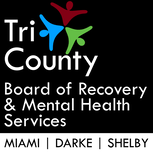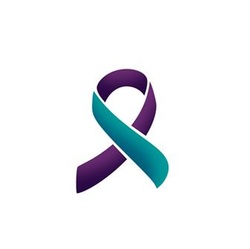Suicide Prevention
If you are in crisis
|
Some common questions and answers about suicide, from the National Institute of Mental Health:
Q: How common is suicide? A: Suicide is the second leading cause of death for young people ages 15–24, and the 10th leading cause in all ages. While these numbers may make suicide seem common, it is important to realize that suicide and suicidal behavior are not healthy or typical responses to stress. Q: What are some of the risk factors for suicide? A: Risk factors vary with age, gender, or ethnic group. They may occur in combination or change over time. Some important risk factors are:
Q: What are signs to look for? A: The following are some of the signs you might notice in yourself or a friend that may be reason for concern.
Q: What can I do for myself or someone else? A: If you are concerned, immediate action is very important. Suicide can be prevented and most people who feel suicidal demonstrate warning signs. Recognizing some of these warning signs is the first step in helping yourself or someone you care about. |
24-Hour Crisis Hotline 800.351.7347
If you or someone you know is in crisis and needs help,
call the Tri-County CRISIS Hotline 800.351.7347 The 24-Hour Crisis Hotline serves residents of Miami, Darke, and Shelby counties in Ohio. In crisis but can't talk? Crisis Text Line Text 4Hope to 741741 Suicide and Crisis Lifeline Call or Text 988, chat at 988lifeline.org |

Tri-County Board of Recovery & Mental Health Services
1280 N. County Road 25A, Suite #1 Troy, OH 45373 937.335.7727 | FAX 937.335.8816 Email us at [email protected] M-F 8:00AM - 4:30PM. Closed federal holidays. Services provided are funded in whole or in part by your continued support of the Tri-County Mental Health Levy.
The Tri-County Board of Recovery and Mental Health Services is an Equal Opportunity Employer |

